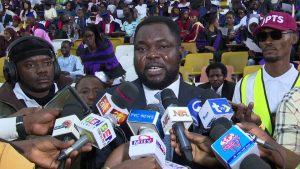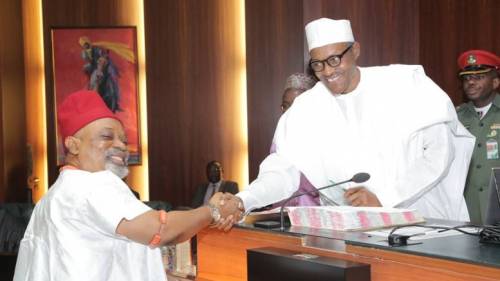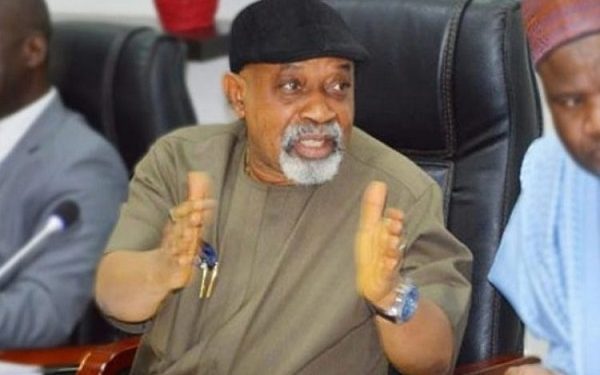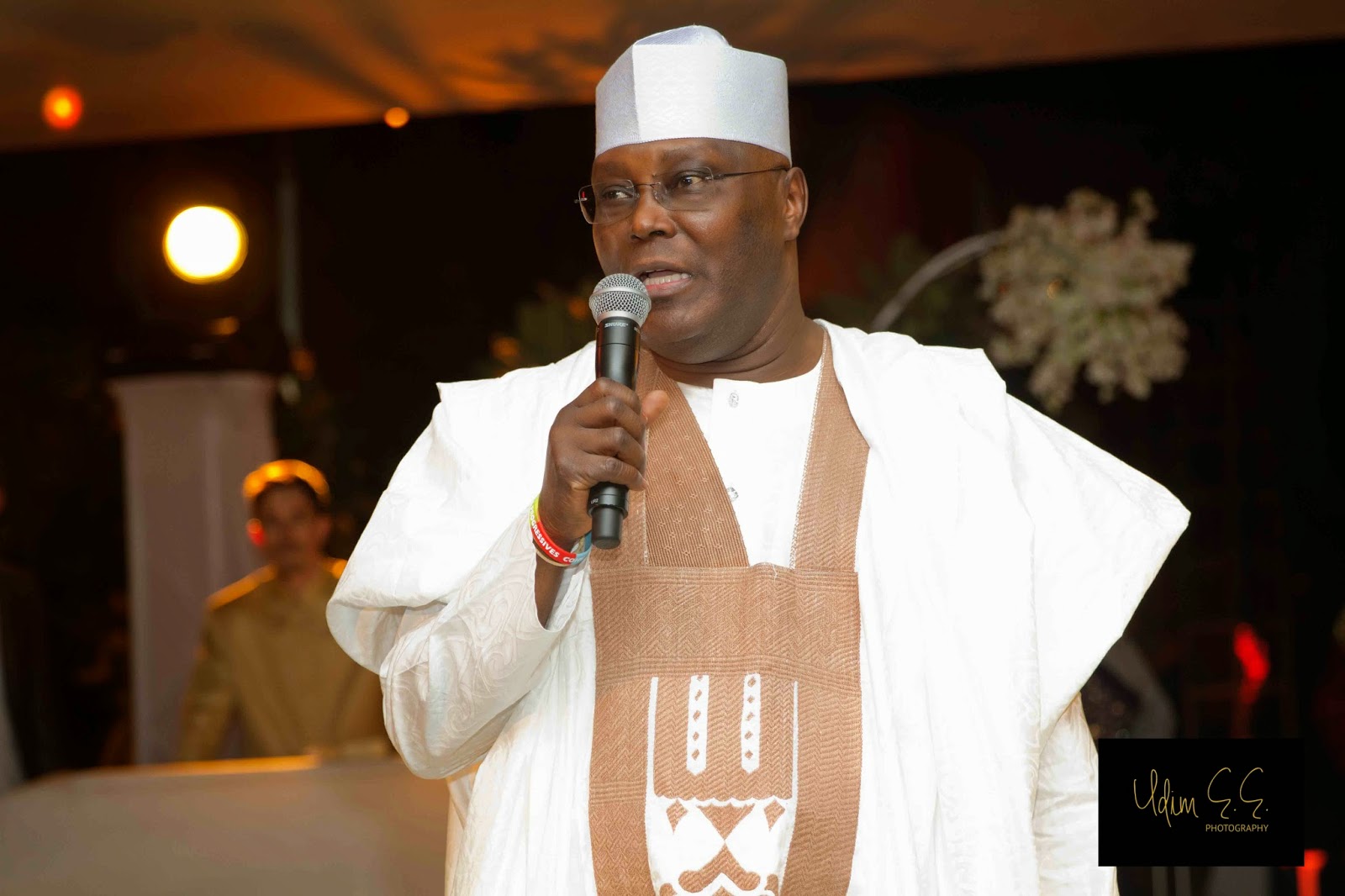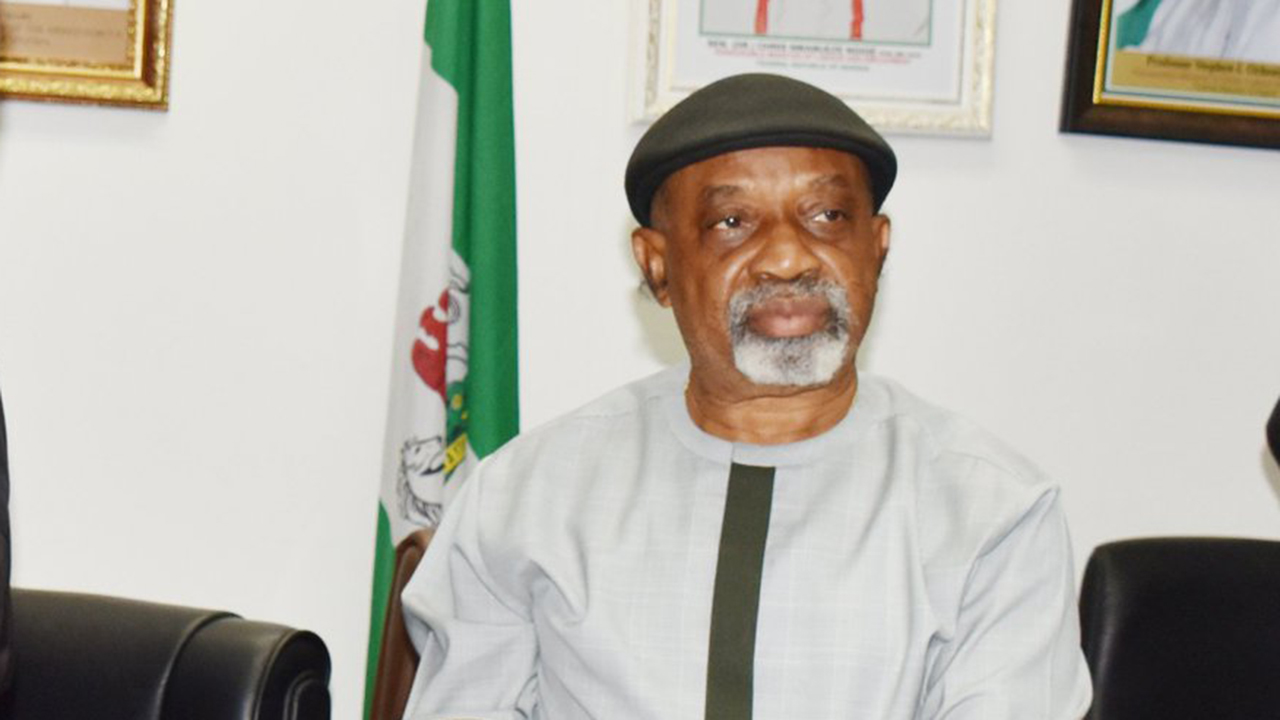The Think Tank on Nigeria, a policy advocacy group has advised Federal Government to continuously embark on capacity development for Nigerian youths to reduce 50percent unemployment.
This was contained in a communique issued and signed by all participants at the end of the meeting
Think Tank on Nigeria Organization is a body of 246 professionals selected across the six geopolitical zones to proffer ways and means to alleviate political and economic problems in Nigeria.
The deliberation held was aimed at discovering ways to improve youth engagement in the country considering the rising increase of youths, which also forms the bulk of the country’s population.
The African Youths Charter defines youths as people between the ages of 15-35 years.
According to the group, the charter was developed after research was conducted on the state of the African Youth, commissioned by the African Union Commission. It was approved and signed by African Heads of State in July 2006.
They stated that the National Bureau of Statistics, the current youth unemployment rate in Nigeria, increased to 53.40% in the fourth quarter of 2020 from 40.80% in the second quarter of 2020.
This shows clearly that, 50% of youths were either unemployed or underemployed during the period covered. Thus, making it imperative that actions are taken urgently so that these numbers
of unemployed youths do not turn to crime. The discussion was moderated by the Convener, Engr. Dideolu Falobi (FNSE, FloD) and the discussion was guided by the following questions:
Which sector(s) engage the youths the most?
Which of these sectors should be developed?
What should the government do to ensure that the youths are usefully engaged?
After a robust deliberation on the issues relating to youths’ engagement, the following observations and resolutions were made:
OBSERVATIONS:
The participants observed that:
1. There are five groups of youths;
a) Those of school age who have either dropped out before completion of secondary school or were never in school.
b) Those who are of school age and are still in school.
c) Those out of school without employment but not in crime.
d) Those out of school without employment or under-employed and in crime.
Those out of school with gainful employment and not in crime.
2. Practically, all youths in the categories above are engaged in the following sectors; Sports,Education, Entertainment, Politics, Agriculture, Industrialization, ICT and Cottage industry (which is presently underfunded.)
3. Agriculture (Farming) is a vast employer of labour. Currently, its practice in mundane fashion (Cutlass and how) no longer appeals to youths. Unless, it is mechanised with value added to produce, with an assurance of ROI.
4. ICT enhances more productivity in youth engagement in other sectors.
5 .Education (Primary, Secondary and Tertiary) serves as a great tool of impact on youths generally.
8. Uneducated youths or unemployed poses a threat to the development of the country. They’re easy targets of terrorism and crime.
7. Erratic power supply cripples efforts of youth entrepreneurs.
8. The world is evolving and trends set by developed countries must be adopted for the sake of development
KEY RESOLUTIONS/CONSENSUS OUTCOME
1. The sport industry should be developed on grassroots level (Local governments); Talented youths should be sought, nurtured and supported through funds generated by government agencies and private sectors.
2. Policies that supports sustainable agriculture should be implemented. While graduates whose interest or professions aligns with Agriculture, should be drafted from NYSC scheme to farm settlements with mechanized farming.
3. The government should revamp Educational sector, Adopt free education, Bursary/scholarship schemes, remodeling of Public schools, revision of curriculum and revamping of technical colleges.
4. Sensitization and inclusive awareness; As educational policies shifts from formal to technical and vocational, youths should be sensitized on the need to embrace skill acquisition. All students should be proficient in atleast one vocational skill, while graduates will be encouraged to acquire one or more skills at a fraction of cost.
5. Vocational institutes should be established at grassroots levels to cater for youths in categories a,c and d.
6. The government should work with private sectors to ensure creation of jobs through establishment of industries/ capital for graduates and those who have acquired one skill or another i.e seed capital, SME’s to support start up etc.
7. Educational curriculum should also be stretched to provide ICT knowledge and skills in light of global trends. Great emphasis should be placed on Mathematics, Physics and coding.
8. The standard of prisons should be improved such that, youths in prison would have their skills or craft utilized for macroeconomic projects that will contribute to the nation’s growth.
9. Subjects on Financial intelligence and social capital integrity should be introduced in schools at all levels (Primary, Secondary and Tertiary).
10. Policies that support affordable electric power supply without which adequate production is impossible, should be provided by the government.
11. Policies that will prevent rapid unsustainable population growth should be implemented.
12. National security should be strengthened through true and proper policing in order to provide a safe environment for learning, growth, and industrial activities.
13. Data warehousing through automation and integration of functionalities that would provide the government the ability to monitor/appraise each student’s performance in academics, vocational or extracurricular activities in an effort to provide motivation and actively train them should be adopted.
14. The government should also carry out continuous capacity development with youths in mind through innovations.
The communique was endorsed by:
ENDORSED BY:
1. Engr. Dideolu Falobi, FNSE, FloD
2. Mr. Femi Famurewa
3. Engr. Kamoru Busari, FNSE
4. Engr. Oguara Rankins
5. Engr. Michael Olanrewaju Ajiboye, MNSE
6. Omosewa Arowolo
7. Richard Oladotun Agbaje
8. Dapo Igbasan
9. Dr. Adegboyega Ehinmowo
10. Engr. Adekunle Bello
11. Dare Olugbemi
12. Mrs Fadeke Babalola
13. Adebayo Fasanu
14. Oluwaseun Babafemi
15. Engr. Solomon Okogun
16. Olusola Samuel Aina
17. Ambrose Olufemi
18. Adepoju Akinleye Caleb
19. Damisola Matti-Balogun
20. Tajin Olusegun Taire
21. Dr. Kehinde Orolu, MNSE
22. Femi Adetunji-Teniola
23. Engr. Kola Ademola-Osinuga
24. Adebusuyi Tobiloba Adeleye
25. Oni J Oluwole
26. Engr. Anas Suleiman
27. Engr. Kenny Odugbemi
28. Engr. Shoyoye Solomon Kolade, MNSE
29. Comrade Rotimi Benjamin
30. Virtues Unlimited Restorative Initiative
31. Engr. David Adeyeye, MNSE
32. Oluwafemi Kolusade Esq.
33. Olayinka Carew
34. Folarin Aluko-Olokun
35. Wura Bankole
36. Aare Ayodele A. Bankole
37. Oladipo Olayinka
38. Pastor Agboola Olojo
39. Oluseye Ekun
40. Tunji Akingbade
41. Engr(Pastor). Sunday Ojemoron
42. Sunday Toyin Abidemi
43. Engr. Olubusola Oluwabanwo, FNSE
44. Fasooto Adekunle Emmanuel
45. Yejide Ogunleye
46. Leke Bodunrin
47. Sina Agbeluyi
48. Rotimi Odanye
49. Emeka Madu
50. Hon. Sola Joshua
51. Engr. Adeshina Osinloye
52. Olusanya kujembola


